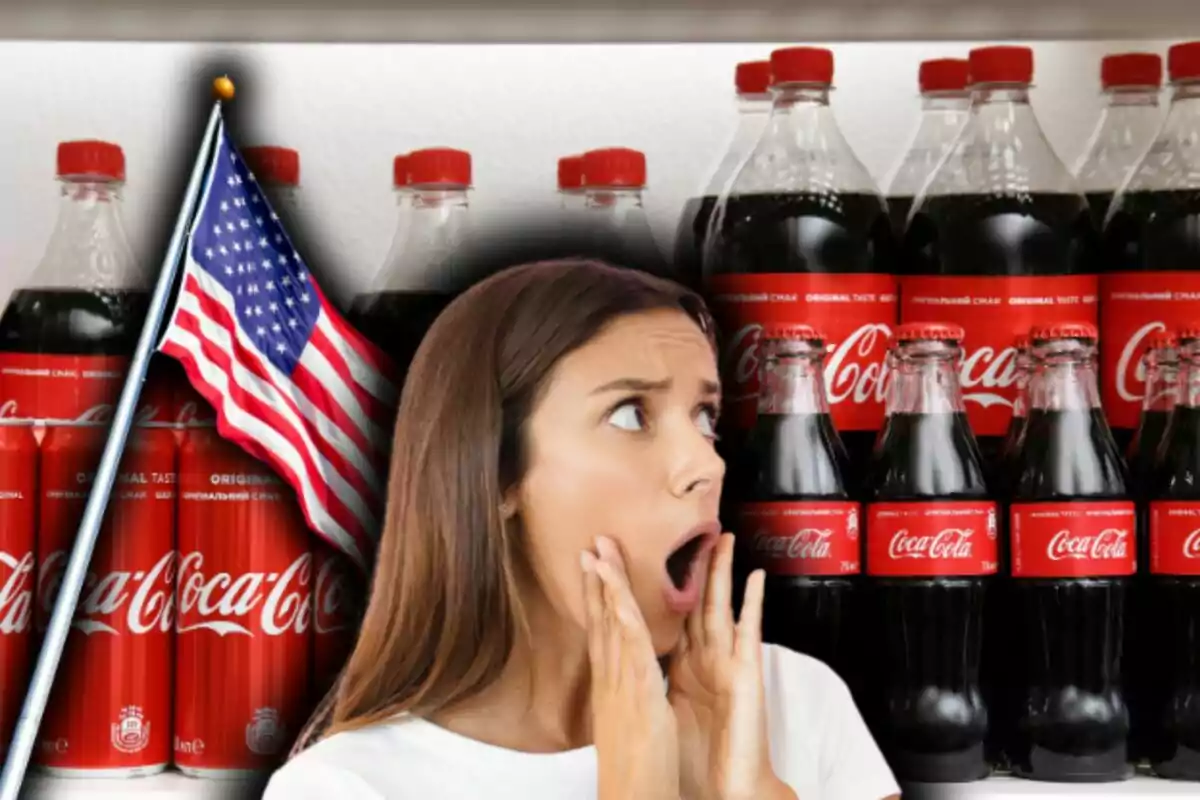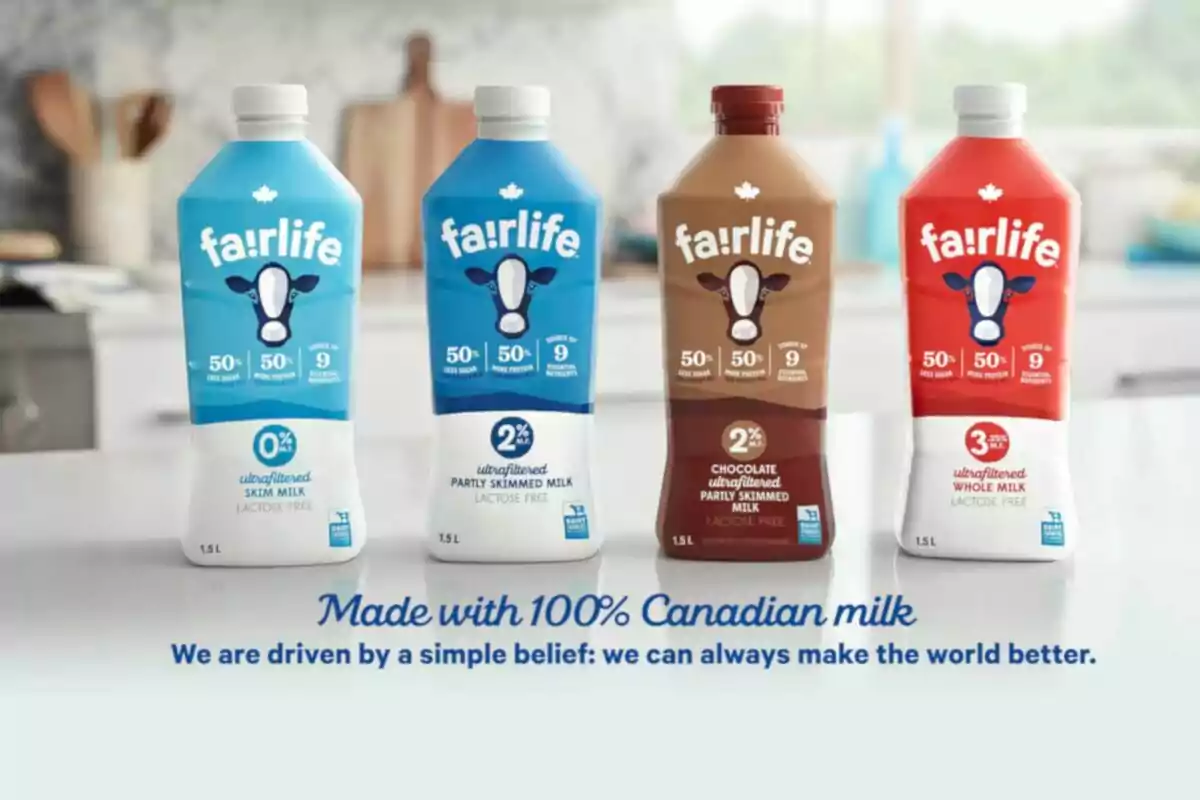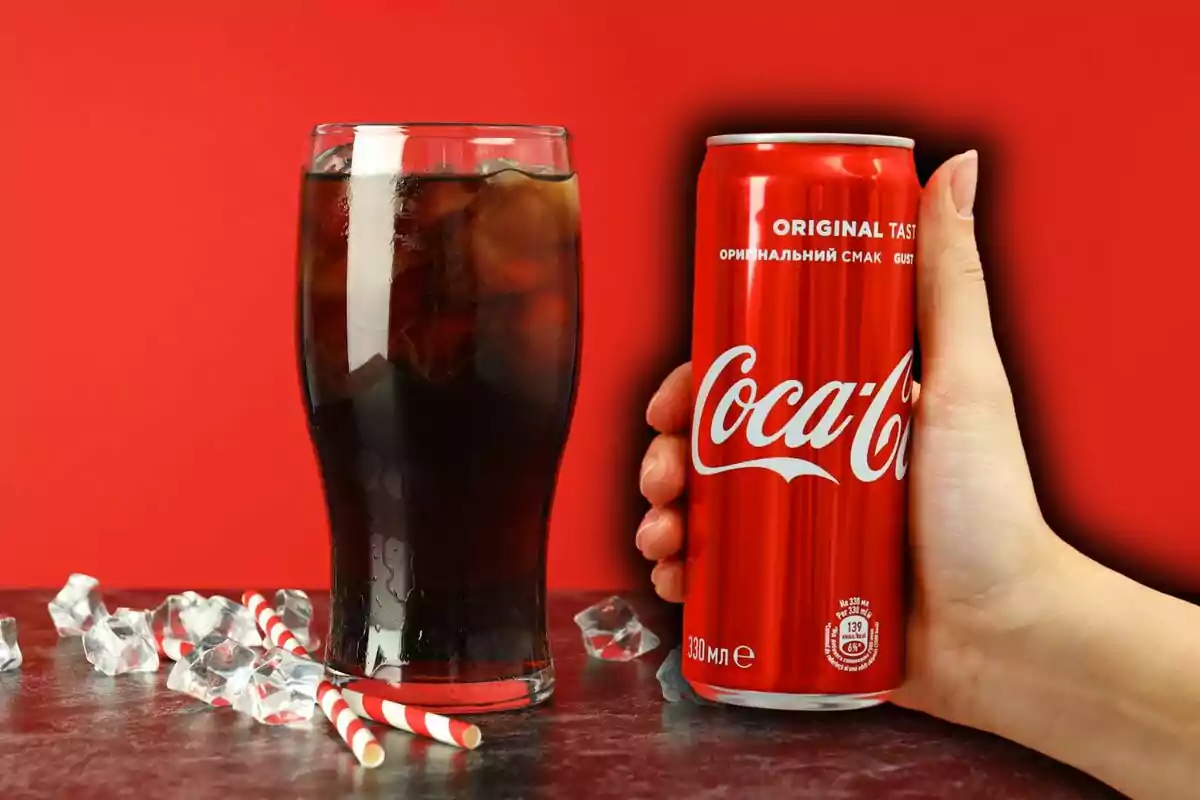
Confirmed: Coca-Cola is going all in and this is its big plan to sink Pepsi
How Coca-Cola prepares its strategy to regain ground in the beverage market against its biggest rival
The soft drink industry has changed drastically in recent years. The rise in concern about health and obesity has led many consumers to abandon sugary soft drinks. This shift has benefited brands that focus on healthier options, leaving giants like Coca-Cola and Pepsi facing a new scenario.
Coca-Cola hasn't stayed on the sidelines of this transformation. To regain ground against Pepsi and emerging competitors, the company is developing a bold strategy based on diversification and innovation. Its major bet aims not only to gain market share but also to change the traditional perception of the brand.

The battle for the healthy beverage market
The global non-alcoholic beverage market moves about $193 billion (193.000 million dollars) per year, and it's expected to reach nearly $275 billion (275.000 million) by 2029, according to Statista. Within this segment, soft drinks remain a major pillar, but the greatest growth is in energy drinks and functional options, such as protein beverages.
Coca-Cola has felt the impact of this evolution. While its soft drink sales reached nearly $47 billion (47.000 million) last year, energy drinks, a growing rival, reached sales of $46 billion (46.000 million). In addition, the protein soft drink market, where Fairlife Core Power holds a fairly dominant position, moves more than $6 billion (6.000 million) and is growing at an annual rate of 8%.
To address these changes, Coca-Cola made a strategic investment by acquiring a majority stake in Fairlife in 2012 and buying the company outright in 2020 for $7.4 billion (7.400 million dollars). This purchase has become its largest acquisition in more than a century and has driven spectacular growth for the brand.

Fairlife, the jewel that can change the game
Fairlife isn't an ordinary milk. Its filtration process cuts sugar content in half and increases protein, in addition to being lactose-free. Since 2015, its sales have grown by more than 1,000%, surpassing $1 billion (1.000 million dollars) per year, according to Bloomberg.
The CEO of Coca-Cola, James Quincey, highlighted at the latest earnings conference that Fairlife was the brand that contributed the most to retail sales in the first quarter. The range includes Core Power, nutritional shakes, and ultra-filtered milk, with Core Power accounting for nearly 48% of retail sales.

Morgan Stanley has also highlighted Fairlife's key role in Coca-Cola's strategy. According to its analysts, the brand represents between 4% and 4.5% of total sales. It could also add up to 1.4% to the company's global growth over the next five years.
Demand has been so high that Coca-Cola is investing in new plants that are expected to be operational by the end of this year to meet this growing need. In addition, the rise of weight loss medications that encourage protein consumption, such as Ozempic, may give Fairlife an extra boost.
More posts: